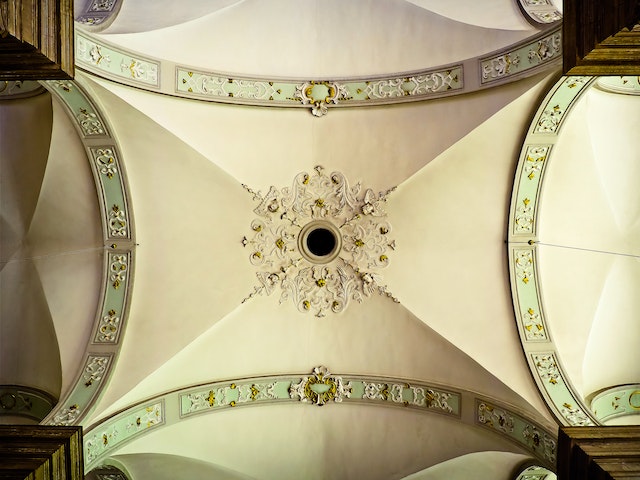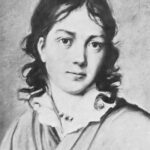Humans like to use categories, labels or boxes to simplify the infinitely complex world. This building is baroque, that painter is impressionist, and Beethoven is… Well, what was he? A classical composer or romantic? Maybe both? Keep reading to find out!
The classical period of music
This era of music succeeded the baroque and the style dominated western music for a century. The
era started from around 1720 and lasted till the 1820s.
What were the characteristics of the classical music compared to baroque?
The classical musical era had a more simple voice than the baroque. The music was lighter (compared to baroque’s seriousness), rather elegant (against baroque’s grandeur) and homophonic (unlike the
counterpoints in the previous style). Orchestra grew both in size and power.
These changes in music were not unique. This new style generally effected other arts, philosophy,
and even architecture. The new movement tried to emulate the Classical antiquity.
Who were the main figures of the classical period?
In the transition period between baroque and classical the main, but definitely the most influential
composers, were the sons of J.S. Bach. Johann Christian was the front runner for a new style called roccoco, simplifying baroque, but both Carl Philipp Emmanuel and Wilhelm Friedemann created
important musical materials.
|Related: Bach and Beethoven
If there was a father to the new classical era, that has to be Haydn. The father of symphony and the string quartet, although overshadowed by the upcoming generation’s Mozart and later Beethoven,
made unique contribution to western music. His innovations and new look on music lead the way
for the followers.
Beethoven – A bridge and creator of a new
Beethoven was born exactly in the middle of the classical era. It means, as a child and young man, he was exposed to the sounds and ideas of this musical world. Later, upon arriving in Vienna, home town of Haydn and Mozart at the time, he had to make a name at local connoisseurs whose ears were trained for the best what classical music had to offer.
Even in this early stage of his calling (in his early twenties) he already experimented with different ideas trying to find his own voice. His pieces from this period were definitely fresh and introduced many new ideas, but he remained within the frames and boundaries of classical music.
Then, one day someone was knocking on his door. He was composing at his piano, he never liked to be disturbed, he jumped in anger and as he was rushing towards the door he fell. Suddenly a buzzing noise in his ears struck him… Not this accident made him almost completely deaf for the rest of his life, but it was the first time he experienced that something was not in order.
|Related: At what age did Beethoven go deaf?
In the coming years he had realized he was ill and soon will lose his hearing completely. This understanding made him brave enough to let his real creative urge come forward and let his own original musical ideas fly. The first fruit of this brave new voice (his new path) was the Eroica, his third symphony. Most historians agree that from this moment in time a door opened to a new musical era: the romantic.
|Related: The history of Beethoven’s Third Symphony (Eroica)
What are the characteristics of the romantic musical era?
There are many unique characteristics of the romantic era, but the most dominant ones are drama, connection to nature, and spirituality. In later years even nationalistic themes were common.
Further novelties brought by the romantic style were the expanded instrumentation of the orchestra and the introduction of new genres like program music or rhapsody.
Summarization
Beethoven was born in the middle of the classical musical era. In the first part of his career he played and composed within the frames of this era. In other words, in this period, he was a classical composer. Galvanized by menacing deafness he let free his true creative self and by completing his Third Symphony (the Eroica, between 1802-1804, premiered in April 7, 1805) he created a new musical style: the romantic.
This way Beethoven was partly a classical composer, then a bridge between classical and romantic era, and also a romantic composer – the musical period created by himself.




